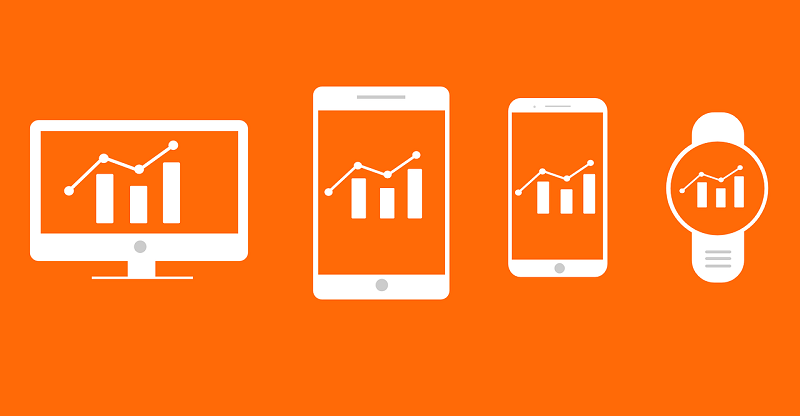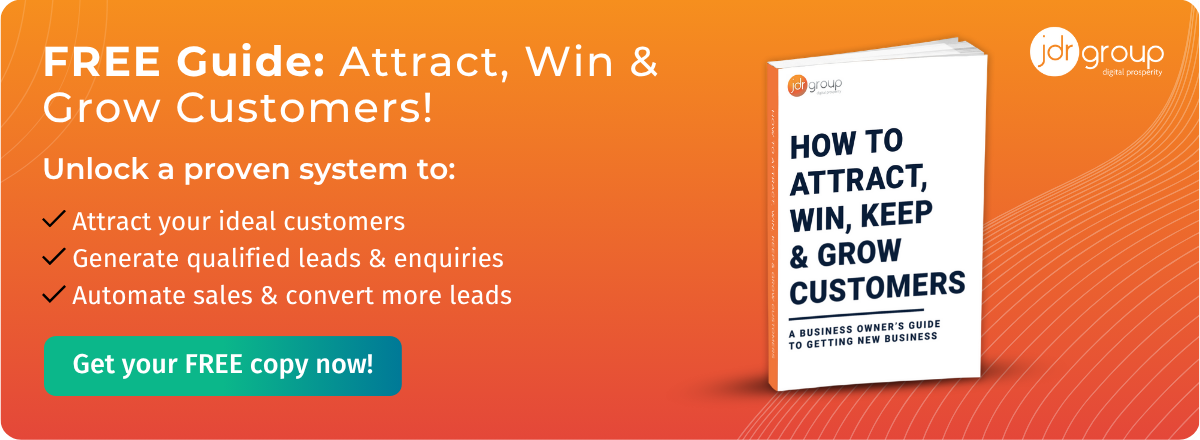HubSpot Vs Zoho - Which Is The Better CRM & Sales Software?

Zoho and HubSpot are both automation platforms offering CRM and sales features. There are plenty of areas in which the two applications overlap, and for this reason Zoho is sometimes seen as an alternative to HubSpot. Zoho is cheap, easy to use and has plenty of features, which you can scale up so you only pay for the functions you need. Moreover, an entry-level version of Zoho is available for free for up to 10 users.
However, HubSpot is actually a very different platform to Zoho. While the Zoho suite focuses on customer relationship management, project management and administration – including word processing and spreadsheet integration, HubSpot is a sales and marketing platform. The point of the HubSpot CRM is not so much to streamline administration, but to improve and automate sales and marketing processes, leading to more leads and more sales.
If you are not using a CRM system, and are looking to use digital marketing to grow your business then we’d recommend HubSpot as the better fit - as HubSpot Platinum Partners we have direct experience of how HubSpot provides better value for money as an all-round marketing, CRM and sales platform.
Where the two applications offer similar features, here is how they compare:
HubSpot CRM Advantages
Unlimited free CRM: The HubSpot CRM is permanently free for unlimited users and up to 1 million individual or corporate contacts. This contrasts with the Zoho CRM, which is only free for up to 10 users and is capped at 25,000 contacts.
Third party and social integration: HubSpot CRM integrates seamlessly with Google G suite, Outlook and Office 365, allowing users to sync emails and to add contacts directly to the CRM from these platforms. HubSpot can also capture lead information from Facebook Ads. Zoho’s paid plans offer similar advantages, but the free plan only integrates with Facebook and Gmail.
Contact management: Both HubSpot and Zoho offer extensive customisation options for individual records. Users can track sales activity for all new contacts and interactions can be automatically logged by both platforms. The advantage of using HubSpot is that the number of contacts is uncapped, whereas Zoho limits this tracking ability to just three contacts.
Customer service: HubSpot CRM comes with an excellent online support feature which is free for all account holders, plus an extensive online community of HubSpot users. There are also plenty of online materials available to help users explore HubSpot’s features and troubleshoot where necessary. Zoho offers comparable online customer support, as well as excellent phone support, although free online ticketing is only available to paying customers.
Reporting: HubSpot features a wide variety of customisable sales and marketing reports, definable by performance, productivity, forecasts, customer sales activity and other metrics. Zoho also has good reporting features, although these don’t have the visual element available with HubSpot reports. Good for people who can rapidly absorb numbers but not for people who prefer their reports in graph or chart format.
Our Verdict
For all of Zoho’s undoubted strengths, HubSpot goes far beyond what Zoho can offer as a sales optimisation tool. Especially when used in conjunction with a partner agency like JDR, HubSpot can completely transform your sales and marketing strategy, turning your prospect CRM into a powerful tool for business development.
JDR Group are UK HubSpot Partners, and can provide HubSpot CRM Implementation and HubSpot Sales Enablement services.
For a free inbound marketing audit, or to find out more about what HubSpot can do for your business, please get in touch for a no obligation chat today by calling 01332 343281.
Image source: Pixabay


